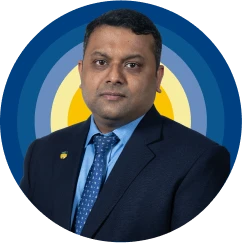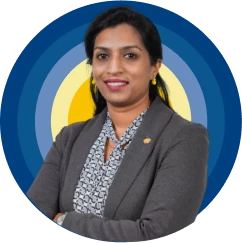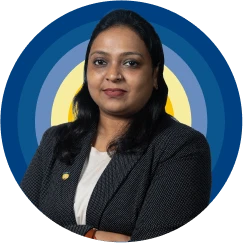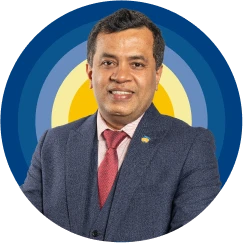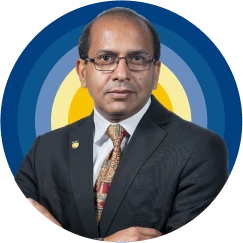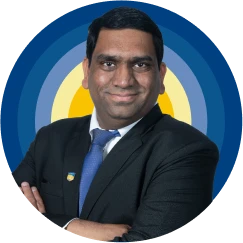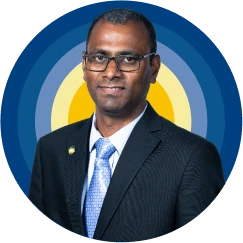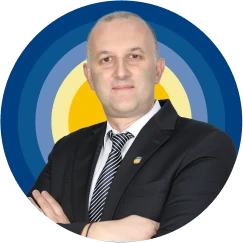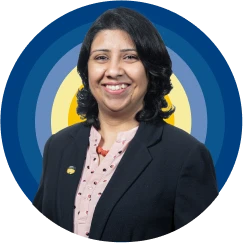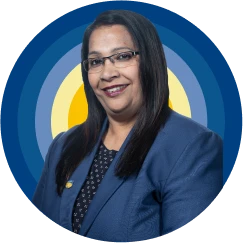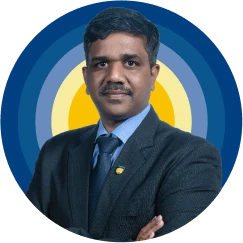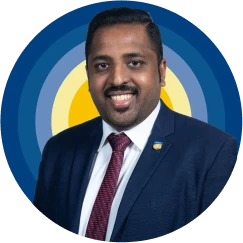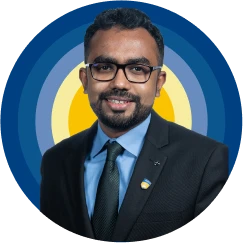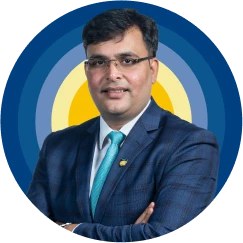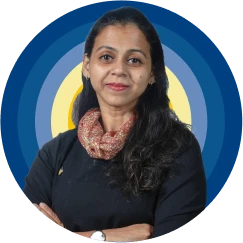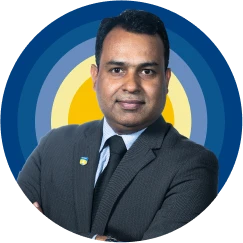MATH211 Applied Mathematics – III
The aim of this course is to introduce Fourier series analysis, which is central to many applications in engineering apart from its use in solving boundary value problems. It familiarize the student with Fourier transform techniques used in wide variety of situations. This course also introduces various effective mathematical tools for the solutions of partial differential equations that model several physical processes and to develop transform techniques for discrete-time systems.
MAE202 Mechanics of Solids
The objective of this course is to make the students understand the concept of stress and strain in different types of structure/machine under different loading conditions. The course also covers the simple and compound stresses due to forces, stresses and deflection in beams due to bending, torsion in circular section, strain energy, different theories of failure, stress in thin cylinder thick cylinder and spheres due to external and internal pressure.
ECE207 Basic Electronics and Linear Integrated Circuits
The objective of this course is to introduce the students about the semiconductor devices. This course is to familiarize the students about the transistor (BJT), FET and operational amplifier (OP-AMP). This course also familiarizes the students about the applications of operational amplifiers including waveform generators, filter and data converter circuits.
SAE201 Basic Thermal Engineering and Statistical Methods
To enable students to understand the various concepts and phenomena of thermal engineering as applied to Alternate and Renewable Energy Sources.
ES205 Engineering Materials
The main objective of this course is to develop intuitive understanding of the groundwork for studies in fields such as solid-state physics, mechanical behavior of materials, phase & phase diagram, heat treatment, failure of materials & their protection, applications of recent materials to present a wealth of real world engineering examples to give students a feel of how material science is useful in Mechanical Engineering practices.
ES203 Object Oriented Programming using C++
After finishing this course student will be able to get introduction of object oriented programming, explore and implement the various features of OOP such as inheritance, polymorphism, Exceptional handling etc. using programming language C++ and easily identify the basic difference between the programming approaches like procedural and object oriented.
ETTP100 Term Paper
To prepare the students to study systematically in order to write clearly and comprehensively about a topic/ issue and to enhance the student’s ability in written and oral presentations.
FBL Foreign Language – III
BS207 Self-Reliance and Socialization (UG)
STAT233 Probability and Statistics
By end of the semester, students get acquainted with the all the basic concepts of statistics which will help them in various disciplines in coming semesters. The applications of this course includes business and engineering problems involving probability, probability distribution, curve fitting measures of dispersion, theory of sampling and testing of hypothesis and much more.
ES206 Modeling and Simulation of System
The aim of this course is to introduce various system modelling and simulation techniques and highlight their applications in Mechanical Engineering. It includes modeling, design, simulation, planning, verification and validation. This course begins by demonstrating the usefulness of simulation as a tool for problem solving in business, industry, government, and society.
MAE 205 Kinematics and Dynamics of Machines
The objective of this course is to identify the alternatives to satisfy the needs of the customer and to quantify and evaluate the alternatives. It includes an introduction to the study of motion of constrained mechanism in machine systems. The objective is to develop the students understanding of basic machine design. Concepts, such as linkages, cams, sliders, crank and rocker, offset crank slider etc. The combination of several of these elements in machine drive trains and the resulting stati dynamic forces will also be studied. This course also includes study of forces, motion and inertia in machines, analysis of linkage cams, rotor dynamics, reciprocal and rotational balancing.
ECE201 Signals and Systems
The objective of the course is to provide knowledge of Signals and Systems to students. This course shall provide application of mathematical tools, (Laplace transform, CTFT, DTFT, Z Transform) to Linear Time Invariant (LTI) systems of Communication.
MAE224 Electro- Mechanical Energy Conversion
Students will be able to analyze magnetic circuits, to resolve three-phase circuit problems, to analyze single-phase and three-phase transformers, to analyze basic dc and ac electric machines and to analyze dc motors.
ECE209 Digital Design
This course is an introduction to the basic principles of digital electronics. At the conclusion of this course, the student will be able to quantitatively identify the fundamentals of computers, including number systems, logic gates, logic and arithmetic subsystems, and integrated circuits. They will gain the practical skills necessary to work with digital circuits through problem solving and hands on laboratory experience with logic gates, encoders, flip-flops, counters, shift registers, adders, etc. The student will be able to analyze and design simple logic circuits using tools such as Boolean algebra and Karnaugh Mapping and will be able to draw logic diagrams.
POE 204 Smart Manufacturing Engineering
To introduce the intelligent factory (Smart Factory) that is characterized by adaptability, resource efficiency, and ergonomics, as well as the integration of customers and business partners in business and value processes. The students are exposed to the architectures, and various frameworks in Smart Factory.
FBL Foreign Language – IV
